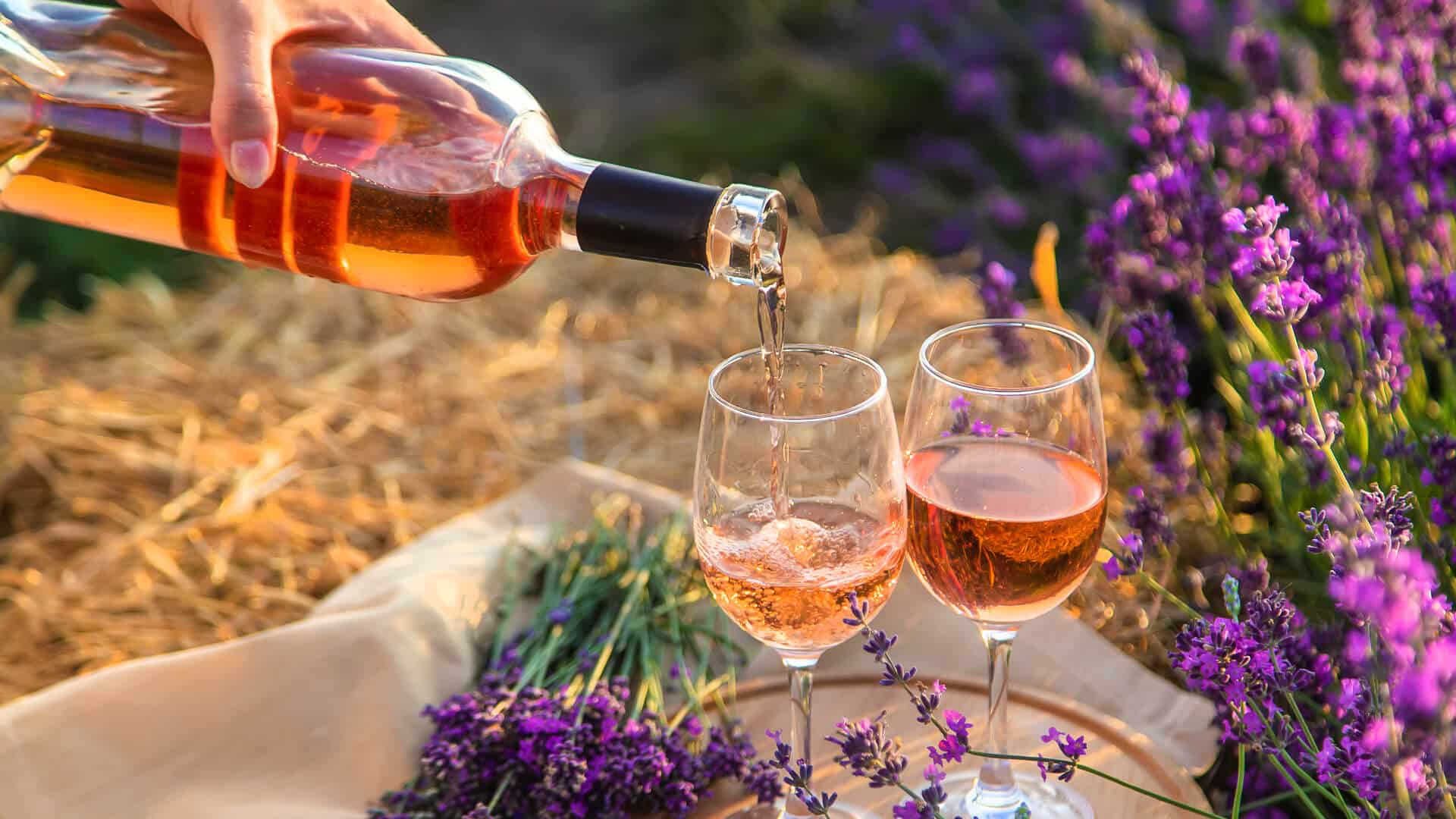The United States boasts a diverse and vibrant wine culture, with its roots tracing back to the early colonization period. The Fennville Wine Region, located in Michigan, stands as a testament to this rich heritage, blending history, tradition, and innovation to create a unique wine experience.
What is a Wine Region?
A wine region, also known as a wine-producing region or viticultural area, is a designated geographic area recognized for its ability to produce grapes suitable for winemaking. These regions are defined by specific criteria, including:
- Climate: The weather conditions, including temperature, rainfall, and sunlight, significantly affect grape cultivation.
- Soil: The type of soil impacts the flavor profile and quality of the wine. Different soils can impart unique characteristics to the grapes.
- Topography: The landscape, including elevation and slope, influences how vineyards are planted and how grapes ripen.
- Regulations: Legal definitions and regulations govern the boundaries of wine regions and the labeling of wines produced within them.
In the United States, wine regions are often designated as American Viticultural Areas (AVAs). An AVA must have distinct geographic features and a name with historical or cultural significance. There are over 260 AVAs across the country, each with its own unique characteristics.
Notable Wine Regions in the United States
Several wine regions across the United States are renowned for their exceptional wines:
- Napa Valley, California: Known for its world-class Cabernet Sauvignon and Chardonnay.
- Sonoma County, California: Diverse in its offerings, with Pinot Noir, Zinfandel, and Chardonnay being prominent.
- Willamette Valley, Oregon: Famous for its exquisite Pinot Noir.
- Finger Lakes, New York: Known for Riesling and Gewürztraminer.
- Texas Hill Country, Texas: Produces Tempranillo, Viognier, and various red blends.
- Columbia Valley, Washington: Noted for Merlot, Cabernet Sauvignon, and Syrah.
The Fennville Wine Region: A Historical Overview
The Fennville AVA (American Viticultural Area) was established in 1981, making it one of the oldest AVAs in Michigan. Located within the larger Lake Michigan Shore AVA, Fennville benefits from the moderating influence of Lake Michigan, which provides a longer growing season and helps to prevent frost damage during critical growth periods.
The unique microclimate of the Fennville region, combined with its diverse soils, creates an ideal environment for growing a variety of grapes. Early pioneers in the region focused on cold-hardy varieties like Vidal Blanc and Seyval Blanc. Over the years, the region has expanded its repertoire, experimenting with and perfecting a variety of grapes, including Riesling, Pinot Noir, and Cabernet Franc.
Types of Wine from the Fennville Wine Region
The Fennville Wine Region is celebrated for its diverse range of wines. Here are some notable varieties:
- Riesling: Known for its aromatic bouquet and crisp acidity, Riesling from Fennville often features notes of green apple, citrus, and apricot. The region’s cool climate is ideal for producing this versatile white wine.
- Pinot Noir: This delicate red wine is a standout in the Fennville Wine Region. With flavors ranging from red berries to earthy undertones, Pinot Noir benefits from the longer growing season provided by the proximity to Lake Michigan.
- Cabernet Franc: Often used in blends, Cabernet Franc from Fennville is celebrated for its smooth tannins and flavors of blackberries, herbs, and a hint of spice.
- Sparkling Wines: Fennville also produces exceptional sparkling wines, employing traditional methods to create elegant and festive offerings that are perfect for celebrations.
Unique Aspects of the Fennville Wine Region
- Microclimate and Terroir: The proximity to Lake Michigan creates a unique microclimate that protects the vines from extreme temperatures and provides a longer growing season. The diverse soils, ranging from sandy loam to clay, contribute to the distinctive flavors of the wines.
- Historical Significance: The establishment of the Fennville AVA in 1981 marked a significant milestone in Michigan’s winemaking history. Notable pioneers and key figures have contributed to the region’s development, helping to shape its identity and reputation.
- Winemaking Techniques: Wineries in Fennville use a mix of traditional and innovative winemaking techniques. From old-world methods to organic and biodynamic practices, these techniques add unique characteristics to the wines.
- Award-Winning Wines: Fennville wines have received numerous awards and recognitions, highlighting the region’s commitment to quality. These accolades can be a compelling reason for enthusiasts to explore Fennville wines.
- Wine Festivals and Events: Fennville hosts several wine festivals, tastings, and events throughout the year. These gatherings offer an immersive experience, allowing visitors to taste a variety of wines and learn more about the region’s winemaking traditions.
- Local Attractions: Besides the wineries, Fennville offers other attractions like local restaurants, artisanal food producers, scenic spots, and cultural sites. These activities can enhance the overall experience for visitors.
Highlighting Some Wineries in the Fennville Wine Region
Several wineries in the Fennville Wine Region contribute to its esteemed reputation:
- Fenn Valley Vineyards: Fenn Valley Vineyards is a key player in the Fennville AVA. They offer a comprehensive selection of wines, from dry whites and reds to sweet dessert wines. They also provide tours and tastings, offering visitors a glimpse into their winemaking process.
- Modales Wines: Known for its sustainable practices, Modales Wines focuses on small-batch, hand-crafted wines. Their portfolio includes unique blends and varietals that reflect the terroir of the region.
- Warner Vineyards: Established in 1938, Warner Vineyards is one of Michigan’s oldest wineries. They produce a wide range of wines, including award-winning whites, reds, and sparkling wines.
- Virtue Cider: While primarily known for its ciders, Virtue Cider also produces wines that showcase the versatility of the region’s fruit. Their commitment to traditional techniques and local ingredients sets them apart.
The Fennville Wine Region is a hidden gem in the American wine landscape, offering a rich history and a diverse array of wines that cater to all palates. From its early beginnings to its status as a producer of world-class wines, Fennville continues to be a testament to the resilience and innovation of American winemaking. Whether you’re a seasoned wine enthusiast or a curious newcomer, a visit to this region promises a delightful journey through the flavors and stories that define Michigan’s winemaking heritage.

